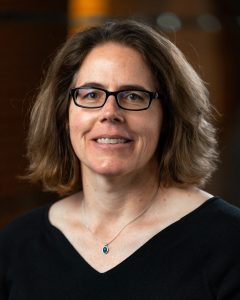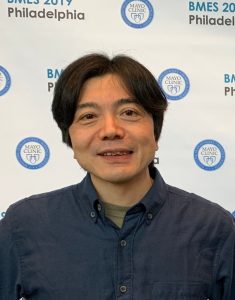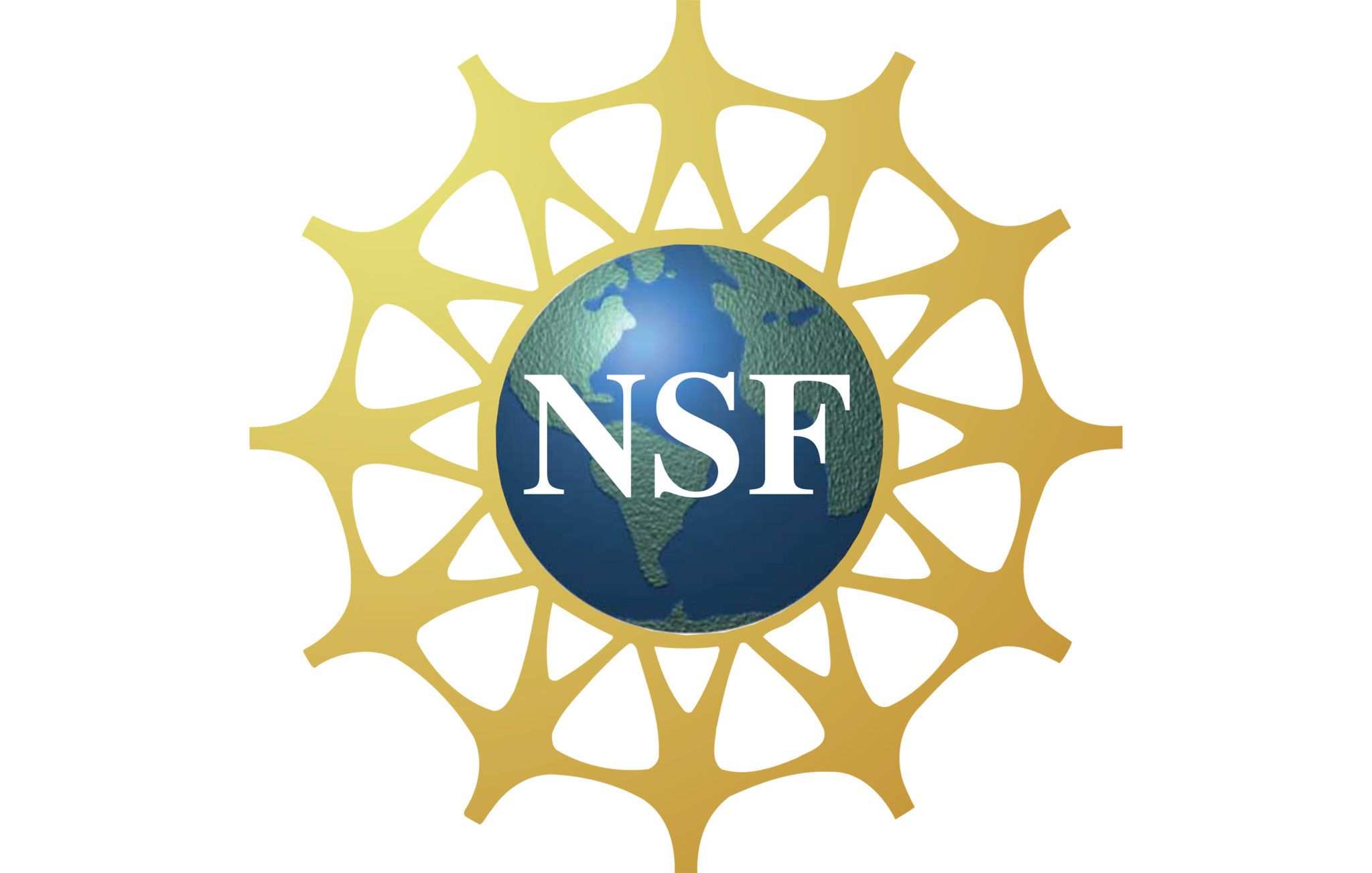This year, seven junior faculty in the University of Connecticut School of Engineering and College of Liberal Arts and Sciences were announced as National Science Foundation Faculty Early Career Development Program (CAREER) award winners, one of the most prestigious research grants for junior faculty in the U.S.
According to NSF, the CAREER award supports early-career faculty who have the potential to serve as academic role models in research and education and to lead advances in the mission of their department or organization. Activities pursued by early-career faculty should build a firm foundation for a lifetime of leadership in integrating education and research.
This year, the seven awardees were as follows:

Christine Kirchhoff, assistant professor of civil and environmental engineering, will receive $500,076 over five years for her project, which will provide scholars with a new theory and methods for assessing human dimensions of resilience and will give practitioners concrete guidance on how to measure and improve infrastructure resilience to present and future hazards. In particular, Kirchhoff will explore why infrastructure managers overwhelmingly focus on building resilience to the past, bouncing back from disruption, rather than bouncing forward or building resilience to future hazards and surprise.

Dianyun Zhang, assistant professor of mechanical engineering, will receive $550,000 over five years to develop physics based models to create an in-depth understanding of defects and variability arising from manufacturing processes, and will elucidate the correlation between the constituent properties, processing conditions, and structural performance. The lack of robust modeling tools makes the composite manufacturers heavily reliant on trial-and-error approaches to minimize part variability, resulting in high manufacturing costs and limiting innovations for new process and part designs.

Kelly Burke, assistant professor of chemical and biomolecular engineering, will receive $582,469 over five years to investigate new polymers that are compatible with human cells and can be used to surround cells for laboratory culture in three-dimensional (3D) gels. The knowledge of cell behavior gained from this CAREER project can help discover and validate therapies for diseases such as fibrosis, a pathology characterized by excess scarring, and can contribute to new materials for regenerative medicine.

Kazunori Hoshino, assistant professor of biomedical engineering, will receive $500,000 over five years to obtain a spatiotemporally-resolved, whole-body 3D map of the elastic modulus of healthy and abnormal zebrafish embryos, which will be used to quantitatively profile their growth and pathology. A better understanding of embryonic structural development will promote studies in developmental biology and biomedical sciences.

Sheida Nabavi, assistant professor of computer science, will receive $499,991 over five years to build a strong computational foundation for analyzing single-cell sequencing data. The project outcome will contribute to advancing biological sciences and improving human health by providing insight into critical biological unknowns requiring single-cell resolutions, such as evolution of cancer cells and development of stem cells.

Jonathan Trump, assistant professor of physics, will receive $430,359 over five years to compile a census of supermassive black holes in the universe. This will give insights into how supermassive black holes and galaxies evolve across cosmic time. Trump will also develop a bridge program for underrepresented undergraduate physics majors at UConn to increase their number in STEM fields by completing their education.

Jill Wegrzyn, assistant professor of ecology and evolutionary biology, will receive $491,244 over five years to develop an integrated and accessible deep learning framework for the annotation of eukaryotic reference genomes, which can improve gene models. The software development will be paired with research partnerships representing over 30 new insect, plant, and animal genomes. An improved annotation process facilitated by this CAREER project is necessary to advance eukaryotic biodiversity and understand how genes in given organisms work.
For more information on NSF CAREER awards, please click here.



